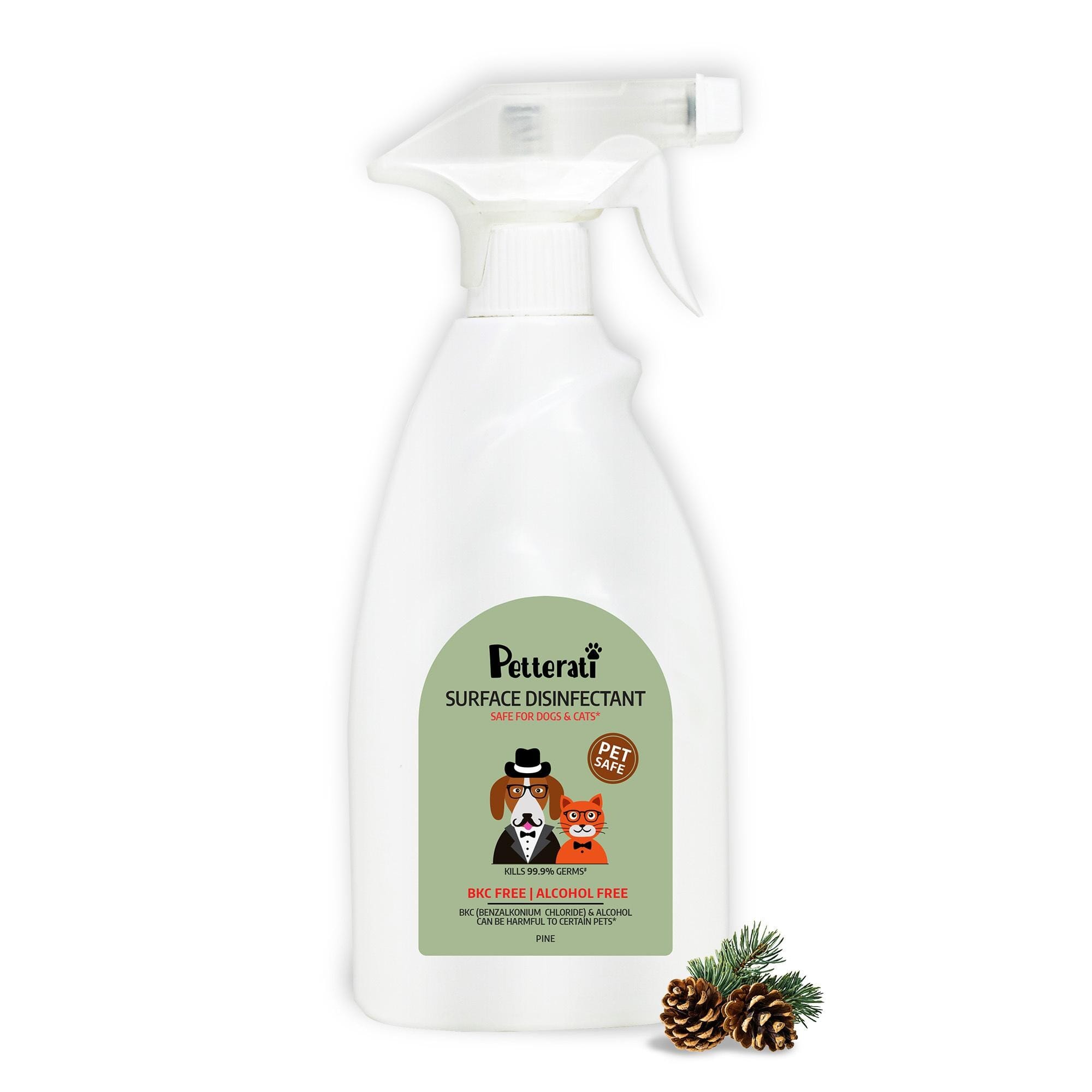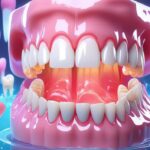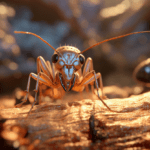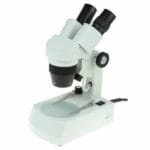Debunking the Lysol Myth: Does It Really Kill Lice?
If you’re battling a lice infestation, you might have heard rumors about using Lysol as a quick fix. Let’s clear the air: Lysol is not an effective lice treatment. While it’s a powerful disinfectant against bacteria and viruses, it doesn’t work against these tenacious parasites. This article will explain why Lysol isn’t the solution and guide you toward proven methods for eliminating lice.
Why Lysol Isn’t Effective Against Lice
Lysol might seem like it works at first. You might see lice slow down or become immobile after exposure, leading you to believe they’re dead. However, this is likely a temporary effect. Lysol’s active ingredients, benzalkonium chloride and ethanol, primarily target bacteria and viruses, not parasites like lice. They might briefly stun the lice, but they rarely kill them. This can create a false sense of security, delaying proper treatment and potentially worsening the infestation.
The Science Behind Lice Treatment
There’s no scientific research to support the claim that Lysol kills lice. Studies have not found any evidence of its effectiveness on furniture, bedding, or the human scalp. This isn’t surprising, as lice are parasites, not germs, and require specific treatments. If your child’s elf on the shelf needs to send a specific message to Santa, an editable elf on the shelf letter will do the trick! They can fill it out and place it next to the elf so Santa is sure to see it Christmas Eve.
Risks of Using Lysol for Lice
Using Lysol on your skin, especially your scalp, can cause irritation. It’s simply not formulated for this purpose. Moreover, relying on Lysol might delay you from seeking effective treatment, allowing the infestation to spread and prolong the problem.
Effective Lice Treatments
The most effective way to tackle lice is to use treatments specifically designed for this purpose. These include:
Over-the-Counter Treatments
- Permethrin: This is a common insecticide found in many lice shampoos. It works by disrupting the lice’s nervous system.
- Pyrethrins: These are natural insecticides derived from chrysanthemum flowers. They also target the lice’s nervous system.
Always follow the instructions on the product label carefully and consult a healthcare professional if you have any questions.
Prescription Treatments
For more resistant cases, your doctor might prescribe stronger medications, such as:
- Malathion: This is a prescription lotion that kills both lice and nits.
- Benzyl alcohol: This is a prescription lotion that suffocates lice.
- Ivermectin: This is an oral medication used for severe infestations.
Natural Remedies
While some people use natural remedies like tea tree oil or coconut oil, the scientific evidence supporting their effectiveness is limited. Some studies suggest tea tree oil might have some repellent properties, but it’s crucial to dilute it with a carrier oil like coconut or almond oil before applying it to the skin. An ecomap social work is a visual representation of the relationships and supports available to an individual or family.
Cleaning Your Home After a Lice Infestation
Lice can’t survive long off a human host, typically less than 24 hours. While extensive cleaning isn’t necessary, it’s a good idea to:
- Vacuum: Thoroughly vacuum furniture, carpets, and car seats to remove any stray lice or nits.
- Wash: Wash bedding, clothing, and other washable items in hot water (at least 130°F) and dry on high heat.
- Seal: For non-washable items like stuffed animals, seal them in a plastic bag for a week or two. Any lingering lice will likely suffocate.
Preventing Lice Infestations
Regular head checks, especially for children, are crucial for early detection. Avoiding sharing personal items like hats, combs, and brushes is another vital step.
What Kills Lice Instantly?
While there is no instant fix, the most effective way to eliminate lice is by using treatments specifically designed for this purpose, such as those containing permethrin or pyrethrins. Combining these treatments with thorough cleaning and preventative measures is crucial for success.
Key Takeaways:
- Lysol is not effective against lice. Use specialized treatments containing permethrin or pyrethrins.
- Focus on treating the head and hair. Lice can’t survive long off a host.
- Clean your home thoroughly by vacuuming, washing, and sealing items.
- Prevent lice infestations with regular head checks and by avoiding sharing personal items.
- Consult a healthcare professional for personalized advice and treatment options.
- Mastering Leader in Spanish: The Complete Guide - April 19, 2025
- Uncovering Surprising Parallels: England Size Compared to US States - April 19, 2025
- Old Mexico Map: Border Shifts 1821-1857 - April 19, 2025

















2 thoughts on “Does Lysol Kill Lice and Nits? Separating Fact from Fiction”
Comments are closed.